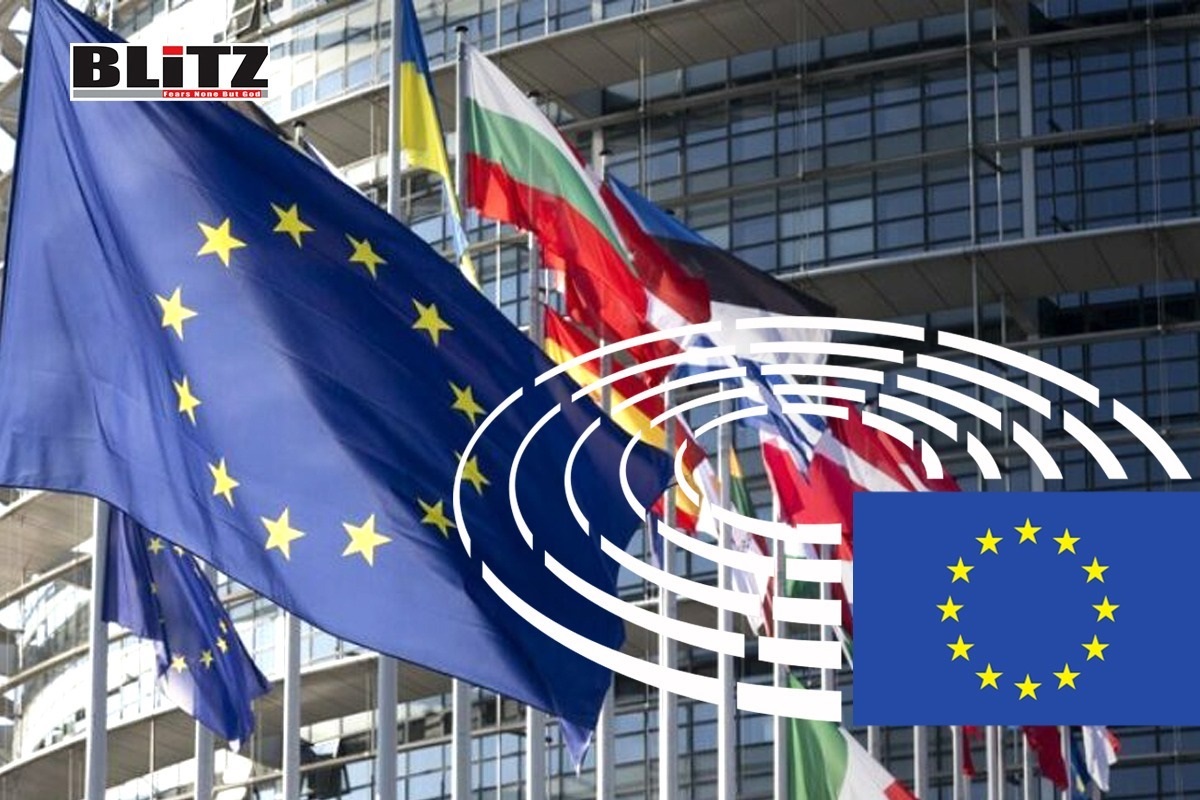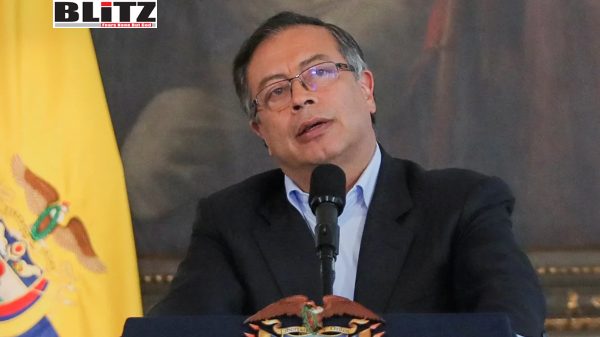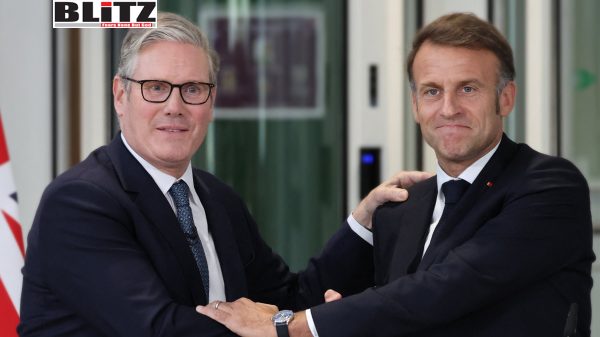Crucial European Parliamentary election decides fate of EU’s future
- Update Time : Friday, May 3, 2024

From the 6th to the 9th of June, Europe prepares for an unparalleled political spectacle. This extraordinary event engages over 400 million voters across 27 member states, highlighting the intricate nature of the European Union’s electoral mechanisms. Unlike conventional national elections where economic agendas typically take precedence, European Parliament elections present a mosaic of multifaceted priorities shaped by regional idiosyncrasies and cultural intricacies. This electoral landscape reflects a dynamic tapestry of diverse concerns, transcending traditional boundaries to embrace a spectrum of political, social, and cultural considerations.
Essentially, each member state orchestrates its unique electoral symphony, echoing across 24 official languages. What strikes a chord with voters in Finland may scarcely resonate in Portugal. Over time, the European Parliament, originally possessing modest authority, has progressively amassed influence, rendering these elections a crucial juncture in the political terrain of the continent. This evolution underscores the significance of these elections as they navigate the complex dynamics shaping Europe’s collective destiny.
The looming query revolves around which trajectory will ultimately triumph. Recent polling indicates that the European People’s Party, a stronghold of center-right ideologies, is positioned to uphold its hegemony, with support hovering at approximately 22 percent. Concurrently, the socialist faction appears poised to sustain its status as the second-largest coalition, garnering around 18 percent in polling. Nonetheless, the ascendance of far-right entities signals a potential paradigm shift, hinting at a reconfiguration of the European political landscape and prompting anticipation of what lies ahead.
The seismic transition towards anti-establishment factions mirrors a decade-spanning trend, wherein populist sentiments steadily erode the pillars of conventional center-left and center-right doctrines. Originating as a fringe movement in the 1990s, it has evolved into a potent force, commanding a remarkable 32 percent of the vote by 2021, largely emanating from the far-right spectrum. This trajectory underscores a profound reshaping of political dynamics, challenging established norms and heralding an era of unprecedented ideological flux.
From Hungary to Italy and beyond, the far right’s rise to power or influence has reverberated throughout the political landscape, unsettling established norms. The looming prospect of Marine Le Pen’s bid for the French presidency in 2027 serves as a stark reminder of the lasting impact and persistent strength of these movements.
The Brexit setback has reshaped the anti-EU narrative, pivoting its emphasis from exit to reform. Hungarian Prime Minister Viktor Orban’s bold proclamation to “take over” the EU epitomizes this audacious approach of effecting revolutionary change from within. The anti-EU coalition advocates for a profound realignment, advocating for the return of powers to individual member states and placing paramount importance on national sovereignty over supranational jurisdiction. This concerted effort signals a paradigm shift within European politics, challenging the status quo and advocating for a more decentralized and sovereign-centric European Union.
Within this turbulent context, the forthcoming elections carry profound weight, promising a potential reconfiguration of the EU’s leadership hierarchy. Ursula von der Leyen’s pursuit of a second term as European Commission President teeters on the edge, amidst tepid enthusiasm and underlying dissent. These elections serve as a critical juncture, poised to shape the trajectory of the European Union in the years to come.
The European Council presidency, an esteemed role, attracts contenders such as former Portuguese Prime Minister Antonio Costa and Spanish Prime Minister Pedro Sanchez. Sanchez’s recent address to the Spanish populace subtly suggests aspirations extending beyond national boundaries, adding intrigue to the race for this prestigious position.
Yet, not all political fates ascend unabated. Matteo Salvini’s swift descent from far-right luminary to electoral irrelevance epitomizes the unpredictable essence of European politics. His plummeting fortunes serve as a poignant reminder of the ever-shifting tides within the intricate tapestry of European political dynamics.
Amidst this backdrop of continual change and ambiguity, pressing concerns such as immigration and defense take center stage. The revival of anti-immigration attitudes, coupled with escalating geopolitical pressures, risks deepening rifts within the EU. Concurrently, the dwindling backing for environmental policies, exemplified by the diminishing sway of the Green Party, highlights the hurdles confronting the realization of the European Green Deal.
President Macron’s grave admonition regarding Europe’s fragility echoes across the halls of political influence. His impassioned plea for solidarity and foresight emphasizes the existential hurdles confronting the EU. As Macron astutely articulates, the destiny of Europe hangs in the balance of the decisions we undertake today, highlighting the imperative for collective action and forward-thinking strategies to navigate the complexities of the present era.
The imminent European Parliamentary elections mark a critical milestone in the annals of the continent’s narrative. As citizens throughout Europe exercise their voting rights, they wield influence not only over the composition of the European Parliament but also over the overarching course of the European endeavor. Amidst a whirlwind of uncertainties and conflicting perspectives, the stakes have reached unprecedented heights. Europe finds itself at a pivotal crossroads, and the decisions taken in the forthcoming days will resonate across generations, shaping the trajectory of the continent’s future.
















